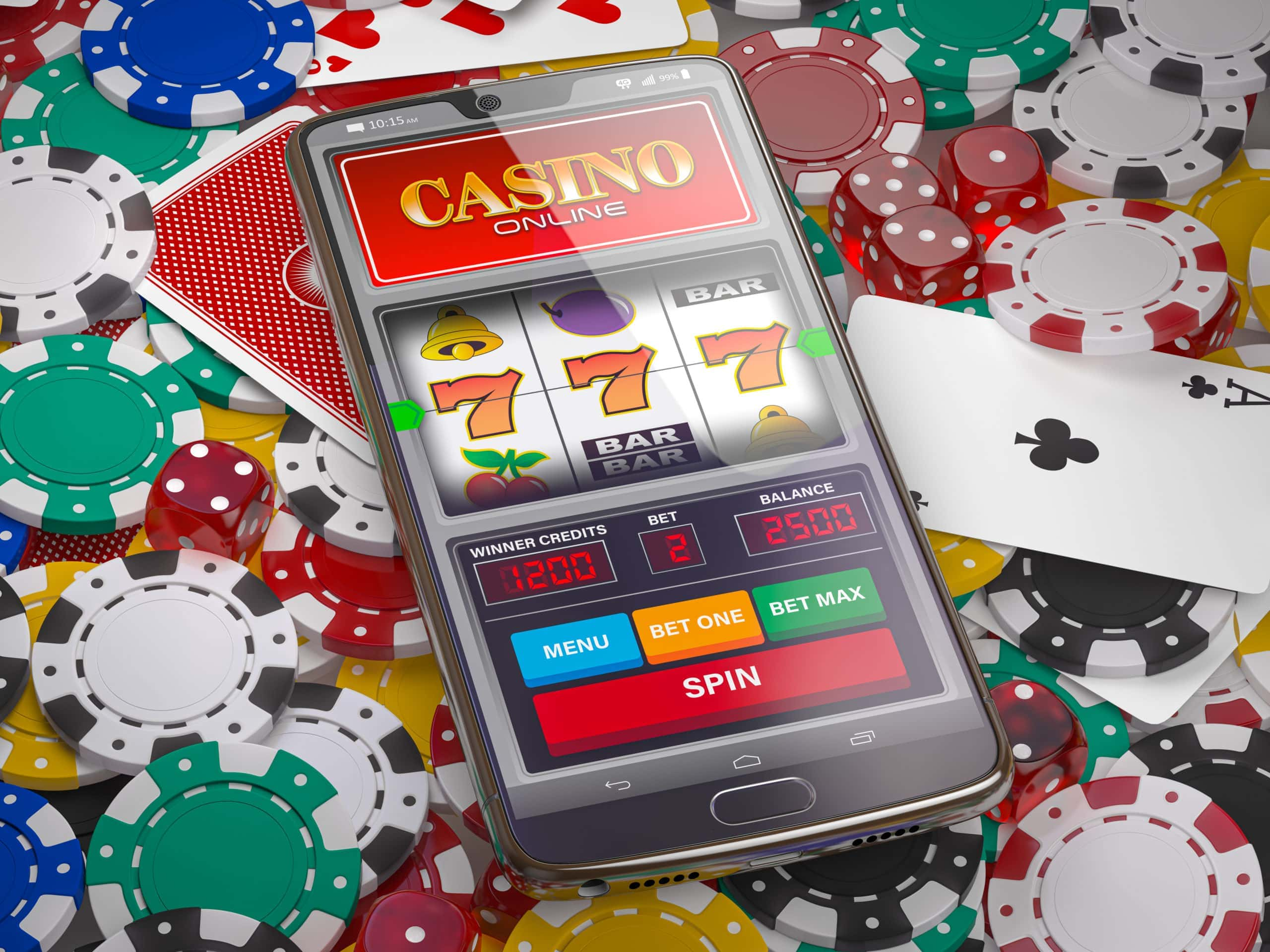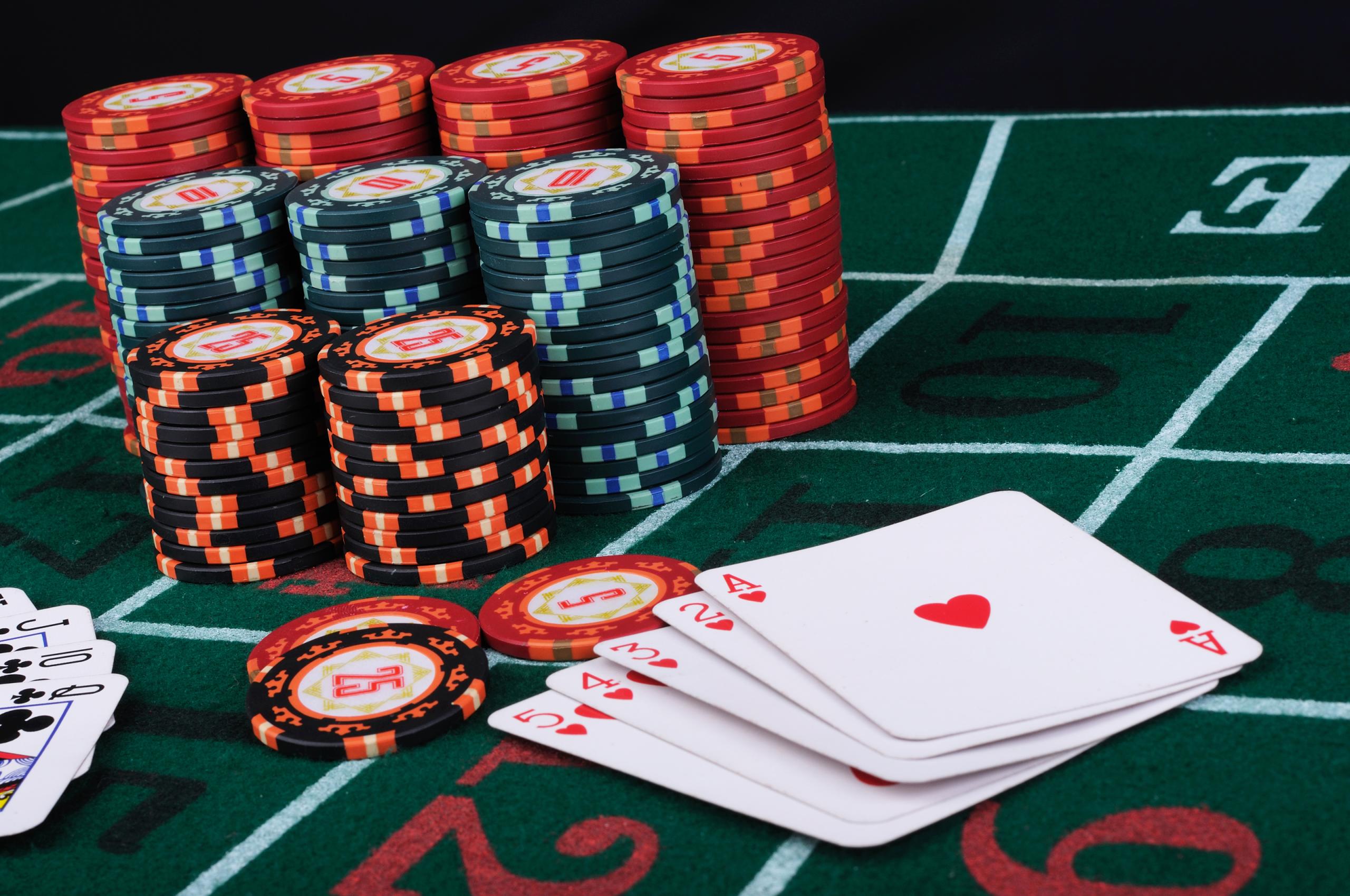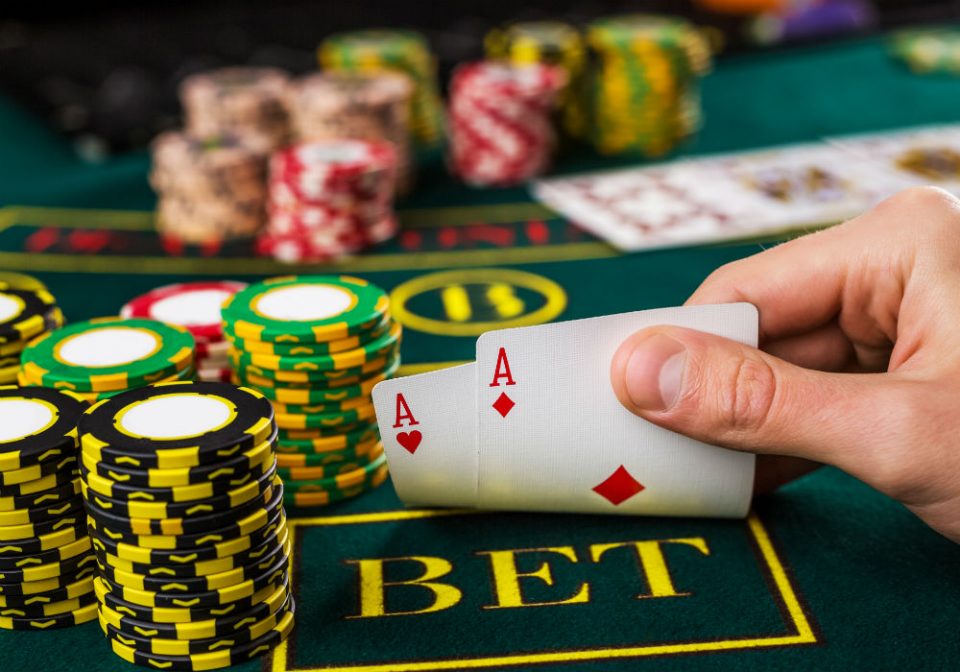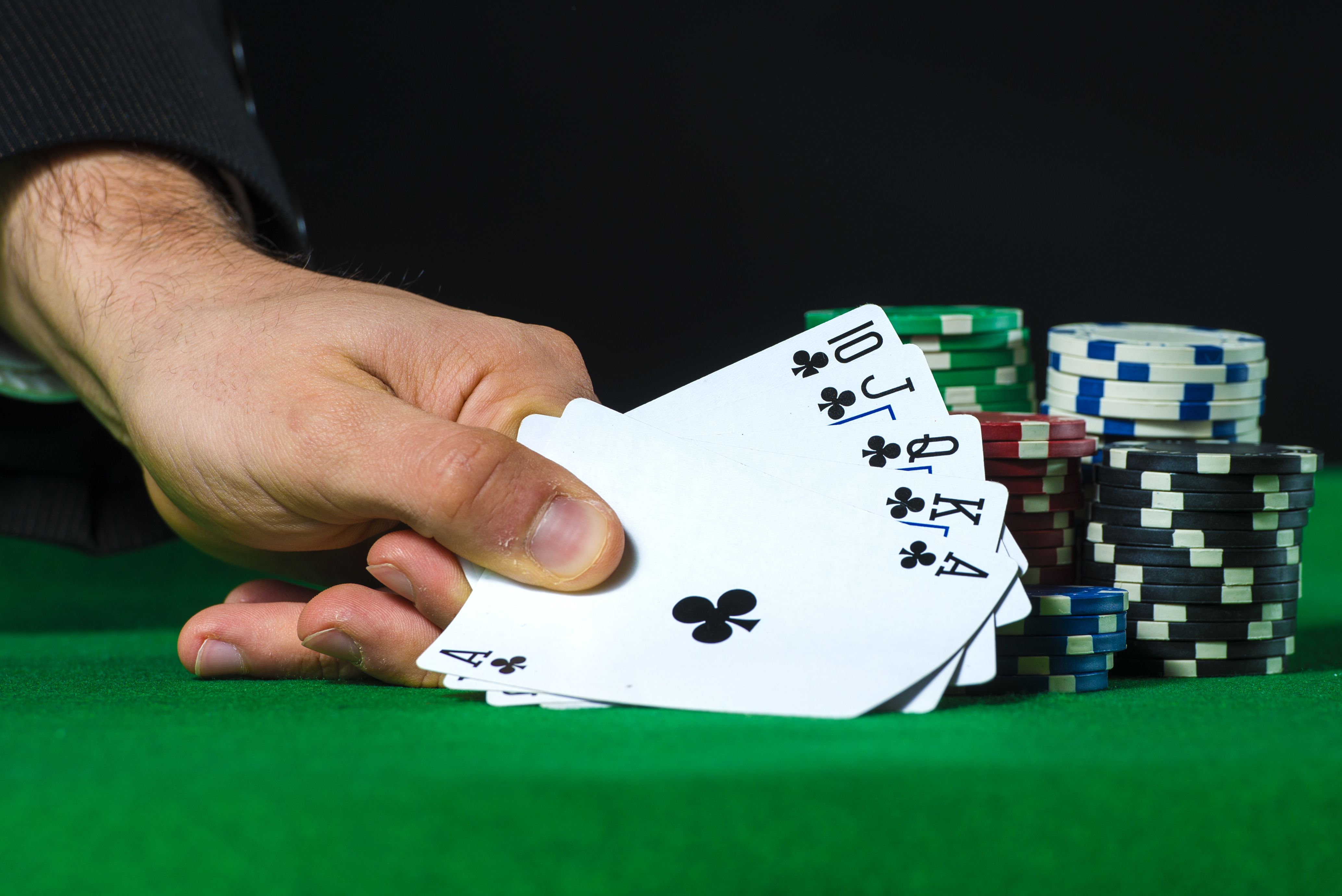Introduction
How To Become A Dealer At A Casino: Embarking on a career as a casino dealer can open doors to an exhilarating and dynamic industry. As the backbone of the gaming floor, dealers play a vital role in creating an engaging and enjoyable experience for casino patrons. If you have a passion for casino games, excellent interpersonal skills, and a keen eye for detail, pursuing a career as a casino dealer may be the right path for you.
This comprehensive guide will take you through the journey of becoming a casino dealer. From understanding the requirements and qualifications needed to the essential skills and training programs, we will explore the necessary steps to set you on the path to success. Whether you dream of dealing cards, operating roulette wheels, or hosting exciting table games, this guide will provide valuable insights into the world of casino dealing.
Discover the training and certification processes, learn about the various game rules and procedures you need to master, and gain practical knowledge on how to excel in customer service and game management. So, if you’re ready to embark on a thrilling career in the casino industry, let’s dive in and explore how you can become a dealer at a casino.

How much money does a casino dealer make?
The national average salary for a Casino Dealer is ₹30,000 in India.
The salary of a casino dealer can vary depending on several factors, including the location, the specific casino, and the dealer’s level of experience. Generally, casino dealers receive a base salary that is supplemented by tips from players. In some cases, the tips can significantly increase a dealer’s earnings.
According to the U.S. Bureau of Labor Statistics, as of May 2020, the median annual wage for gaming dealers, which includes casino dealers, was $21,260. However, it’s important to note that this figure does not include tips, which can vary greatly depending on the casino and the dealer’s skill level.
In addition to their base salary and tips, some casinos may offer additional benefits and perks to their dealers, such as health insurance, retirement plans, and paid time off. It’s worth mentioning that the earnings of a casino dealer can fluctuate depending on factors such as the season, the popularity of the casino, and the volume of players.
Ultimately, the amount of money a casino dealer makes can vary, but it often includes a combination of base salary and tips.
What is the hardest part of being a casino dealer?
A casino dealer’s job can be very tiring. Surrounded by a rackety environment with people chattering and shouting. Moreover, standing and watching over-the-table games at all times can become a real hassle. Except for poker dealers, you’re likely to be standing throughout your shift.
Being a casino dealer comes with its own set of challenges, and different individuals may find different aspects challenging. Here are a few commonly mentioned difficulties that some casino dealers face:
1. Dealing with Difficult Customers: Dealing with customers who are rude, intoxicated, or exhibit challenging behavior can be one of the toughest parts of the job. Maintaining composure and professionalism while handling such situations can be emotionally draining.
2. High-Stress Environment: The fast-paced and high-pressure nature of the casino environment can be mentally and physically demanding. Dealers must handle multiple games simultaneously, manage large sums of money, and make quick decisions, all while ensuring accuracy and adherence to the rules.
3. Irregular Working Hours: Casinos typically operate 24/7, which means that casino dealers may have to work late nights, weekends, and holidays. The irregular working hours can disrupt personal schedules and make it challenging to maintain a consistent work-life balance.
4. Dealing with Monotony: While the casino environment can be exciting, the repetitive nature of dealing the same games for long hours can become monotonous for some individuals. It requires focus and attention to detail to consistently deliver an engaging experience for players.
5. Physical Strain: Standing for extended periods, repetitive hand movements, and handling heavy trays of chips can take a toll on a dealer’s physical health. It’s important for dealers to prioritize self-care and practice ergonomic techniques to minimize strain and potential injuries.
While being a casino dealer can be challenging, many individuals find the job rewarding and enjoy the dynamic nature of the work. It requires strong interpersonal skills, mental agility, and adaptability to excel in this role.
What skills do you need to be a casino dealer?
What are the most important Casino Dealer job skills to have on my resume? The most common important skills required by employers are Casino Experience, Guest Service, Games, English Speaking, Poker Dealer, Communication Skills and Technical.
To be a successful casino dealer, several key skills and attributes are beneficial. Here are some of the important skills required for the role:
1. Game Knowledge: A comprehensive understanding of the specific casino games being dealt is essential. This includes rules, procedures, payouts, and strategies. Dealers should be able to explain the games to players and handle any questions or disputes that may arise.
2. Manual Dexterity: Casino dealers need excellent manual dexterity to efficiently handle cards, chips, and other game equipment. Precise and swift movements are crucial to maintaining the integrity of the game and ensuring a smooth gaming experience.
3. Math Skills: Basic math skills are essential for calculating payouts, determining odds, and handling chip exchanges. Dealers must quickly and accurately perform calculations without relying heavily on electronic devices or calculators.
4. Customer Service: Strong customer service skills are crucial as dealers interact with players throughout their gaming experience. Dealers should be friendly, approachable, and able to provide excellent customer service to enhance the overall experience and maintain a positive atmosphere.
5. Communication: Effective communication skills are vital for dealers to interact with players, casino staff, and supervisors. Clear communication helps ensure smooth gameplay, resolves disputes, and maintains a professional and engaging environment.
6. Focus and Concentration: The ability to maintain focus and concentration for extended periods is crucial. Dealers must consistently follow game rules, handle payouts accurately, and monitor the game for any irregularities or cheating attempts.
7. Integrity and Ethics: Dealers must adhere to strict ethical standards and demonstrate integrity in handling money, following casino procedures, and maintaining fairness during gameplay.
Additionally, dealers may undergo training programs or obtain certifications to enhance their skills and knowledge in specific casino games or procedures.
While possessing these skills is important, it’s worth noting that some casinos may offer training programs for individuals interested in becoming dealers, providing the necessary training and guidance to acquire the skills needed for the role.

What is the job of a casino dealer?
Casino Dealers conduct games in casinos and casino hotels. They deal cards and may handle large amounts of money. They may work evenings, weekends and holidays, as casinos are often busiest after 9-5 working hours. They may receive gratuities in addition to salary.
The primary job of a casino dealer is to facilitate and oversee various casino games, ensuring fair play and an enjoyable experience for players. Here are some key responsibilities of a casino dealer:
1. Game Management: Dealers are responsible for managing the gameplay of their assigned table or game. They deal cards, operate roulette wheels, roll dice, or oversee other gaming equipment as required by the game. Dealers enforce game rules, handle bets, and ensure that players follow proper procedures.
2. Payouts and Collecting Bets: Dealers accurately calculate payouts for winning bets and collect losing bets from players. They must have good math skills to quickly determine payouts based on the game’s rules and odds.
3. Customer Service: Dealers provide excellent customer service by creating a friendly and welcoming atmosphere at the table. They engage with players, answer questions, and assist with any concerns or disputes that may arise during gameplay.
4. Game Security: Dealers maintain game security by monitoring players for any signs of cheating or suspicious behavior. They are trained to identify potential risks and take appropriate actions to ensure the integrity of the game.
5. Table Maintenance: Dealers are responsible for maintaining the cleanliness and organization of their gaming area. They ensure that the table is properly set up with necessary equipment, such as cards, chips, or dice, and report any maintenance issues to supervisors.
6. Compliance with Casino Regulations: Dealers must adhere to all casino regulations, procedures, and policies. They ensure that games are conducted according to legal requirements and follow the guidelines set by gaming authorities.
Why should we hire you as casino dealer?
You can say that you are very responsible, do not struggle to stay vigilant on a long night, believe to have good customer service skills, and basically feel that the casino would benefit from having you in the team.
When considering why you should hire a casino dealer, it’s important to look for candidates who possess the following attributes:
1. Game Knowledge: A proficient casino dealer should have a strong understanding of various casino games, including rules, procedures, and payouts. This knowledge enables them to effectively manage the game and provide assistance to players.
2. Technical Skills: Casino dealers must possess technical skills such as shuffling and dealing cards, operating gaming equipment, and handling chips accurately and efficiently. They should also be proficient in calculating payouts and managing bets.
3. Customer Service: Excellent customer service skills are essential for a casino dealer. They should be friendly, approachable, and able to create a welcoming atmosphere for players. Dealers should be able to handle both positive and challenging interactions with professionalism and tact.
4. Professionalism and Integrity: Dealers should demonstrate professionalism by maintaining a neat appearance, adhering to casino policies and regulations, and conducting themselves with integrity. They should ensure fair play and handle any disputes or issues that may arise during gameplay with impartiality.
5. Attention to Detail: Casino dealers need to have a keen eye for detail to accurately follow game procedures, monitor players’ actions, and prevent any fraudulent activities or mistakes that could impact the game’s integrity.
6. Adaptability and Stress Management: The casino environment can be fast-paced and demanding. Dealers should be able to handle stress, multitask effectively, and adapt to changing situations while maintaining composure.
7. Communication Skills: Strong communication skills are essential for a casino dealer to interact with players, explain game rules, and handle inquiries or concerns. They should be able to effectively communicate with a diverse range of individuals.
Ultimately, hiring a skilled and competent casino dealer contributes to providing an enjoyable and fair gaming experience for your patrons. When evaluating candidates, consider their experience, qualifications, and ability to embody the qualities mentioned above to ensure the smooth operation of your casino floor.
What are the specific requirements and qualifications needed to become a casino dealer in my local area?
The specific requirements and qualifications to become a casino dealer can vary depending on your local area and the regulations set by the gaming authorities. However, there are some common requirements you may encounter:
1. Age Restrictions: Most jurisdictions require casino dealers to be at least 18 or 21 years old, depending on the local laws.
2. Background Check: You may be required to undergo a background check, which typically includes a criminal record check to ensure your suitability for employment in the casino industry.
3. Certifications and Licenses: Some regions may require you to obtain specific certifications or licenses to work as a dealer. This may include completing a dealer training program and passing a licensing exam.
4. Knowledge of Game Rules: Dealers must have a thorough understanding of the game(s) they will be dealing. This includes knowledge of rules, procedures, and payouts.
5. Communication and Customer Service Skills: Strong communication and customer service skills are essential in providing a positive experience for casino patrons.
It is important to research and consult with local gaming authorities or potential employers to understand the specific requirements in your area, as they can vary.
What training programs or courses are available to gain the necessary skills and knowledge to become a successful casino dealer?
There are several training programs and courses available to help individuals gain the skills and knowledge needed to become a successful casino dealer. Here are some options to consider:
1. Casino Dealer Schools: Many dedicated casino dealer schools offer comprehensive training programs specifically designed for aspiring dealers. These programs cover various casino games, rules, procedures, customer service skills, and proper handling of equipment. They often provide hands-on training in simulated casino environments.
2. Community College Courses: Some community colleges offer courses in casino dealing as part of their hospitality or gaming programs. These courses provide instruction in game rules, regulations, and customer service skills. They may also offer internships or job placement assistance.
3. Online Training Programs: Online platforms provide flexible and accessible training options for aspiring casino dealers. These programs typically include video tutorials, interactive lessons, and simulated gameplay. They allow individuals to learn at their own pace from anywhere with an internet connection.
4. In-House Training: Some casinos provide in-house training programs for new dealers. They offer on-the-job training, mentorship, and guidance from experienced dealers. These programs are often a pathway for entry-level positions and can lead to career advancement within the casino.
When selecting a training program or course, it’s important to ensure that it is reputable, accredited, and recognized within the industry. Consider factors such as the program’s curriculum, reputation, duration, cost, and job placement assistance, if applicable. Research and compare different options to find the one that best suits your needs and goals as you embark on your journey to become a successful casino dealer.
How can I gain practical experience as a casino dealer to enhance my skills and increase my chances of securing a job in the industry?
Gaining practical experience as a casino dealer is crucial for enhancing your skills and increasing your chances of securing a job in the industry. Here are some ways to gain practical experience:
1. Volunteering: Consider volunteering at local casino events, charity fundraisers, or community gatherings that involve casino games. This can provide hands-on experience and an opportunity to practice dealing under the guidance of experienced dealers.
2. Part-Time Positions: Look for part-time positions or entry-level jobs at casinos or gaming establishments. These positions, such as chip runner or floor attendant, can offer exposure to the gaming environment and opportunities to observe and learn from experienced dealers.
3. Internships or Apprenticeships: Some casinos or dealer schools offer internships or apprenticeship programs. These programs allow you to work alongside seasoned dealers, gaining valuable experience and mentorship.
4. Practice at Home: Set up a practice area at home with a deck of cards, chips, or a roulette wheel. Practice dealing cards, handling chips, and conducting games following the proper rules and procedures. This can help you refine your technical skills and familiarize yourself with game dynamics.
5. Role-playing or Simulations: Engage in role-playing activities or participate in dealer simulations, either through online platforms or with peers. These activities can simulate real casino scenarios and help you practice dealing, handling bets, and managing different game situations.
6. Continuous Learning: Stay updated on industry trends, game variations, and new techniques through books, online resources, and forums. Attend workshops, seminars, or conferences related to the gaming industry to expand your knowledge and network with professionals.
By actively seeking opportunities to gain practical experience and continually improving your skills, you can demonstrate your commitment and dedication to becoming a competent casino dealer. Practical experience not only enhances your abilities but also increases your confidence and marketability when seeking employment in the industry.

Conclusion
Becoming a casino dealer is a journey that requires dedication, training, and a passion for the gaming industry. Throughout this guide, we have explored the essential steps to help you on your path to becoming a casino dealer.
First, it’s crucial to research the specific requirements and regulations in your local area. Understand the age restrictions, background check procedures, and any necessary certifications or licenses needed to work as a dealer.
Next, seek out reputable training programs that provide comprehensive instruction on game rules, procedures, and customer service skills. These programs will help you develop the technical expertise and professionalism required for the role.
Gaining practical experience is vital in refining your skills and building confidence. Consider opportunities such as internships, part-time positions, or even volunteering at casino events to gain hands-on experience in a real-world casino environment.
Lastly, continue to enhance your skills and knowledge by staying updated on industry trends, attending workshops or seminars, and seeking feedback from experienced dealers.
Becoming a casino dealer can open doors to a thrilling and rewarding career. With dedication, continuous learning, and a commitment to providing exceptional service, you can embark on a path that combines your passion for gaming with a fulfilling profession in the casino industry. Good luck on your journey to becoming a casino dealer!









